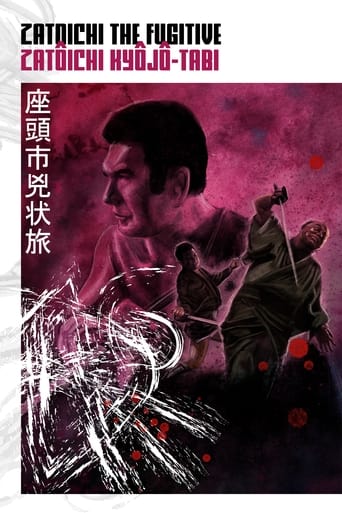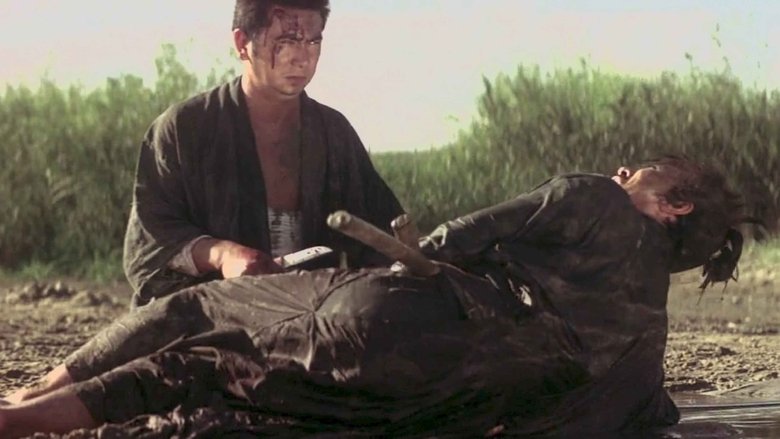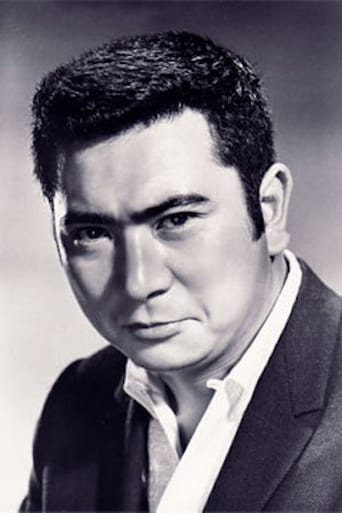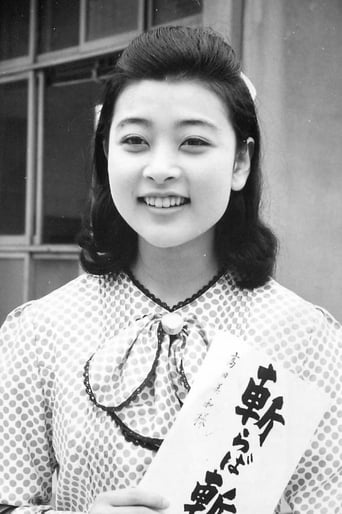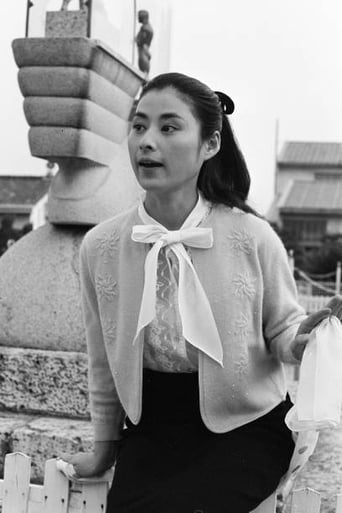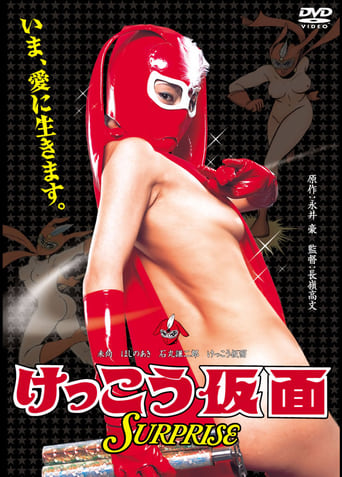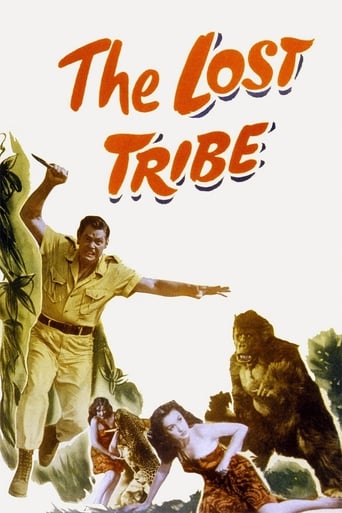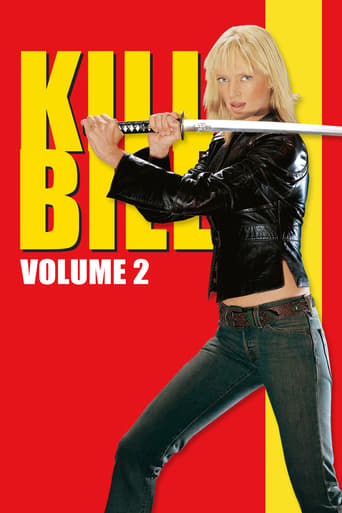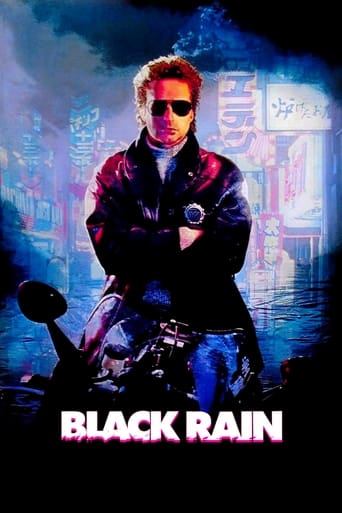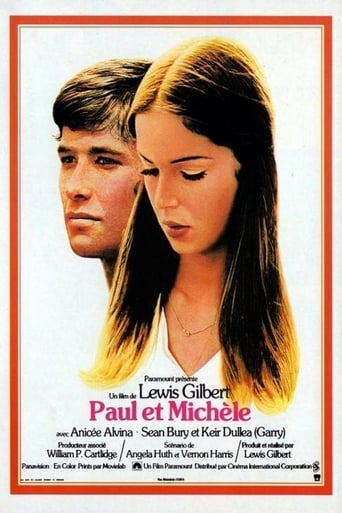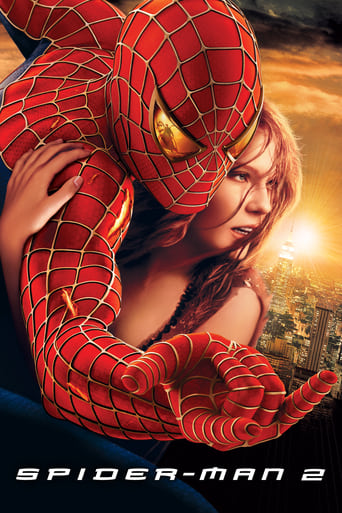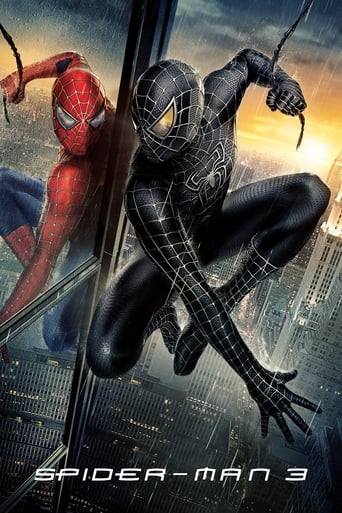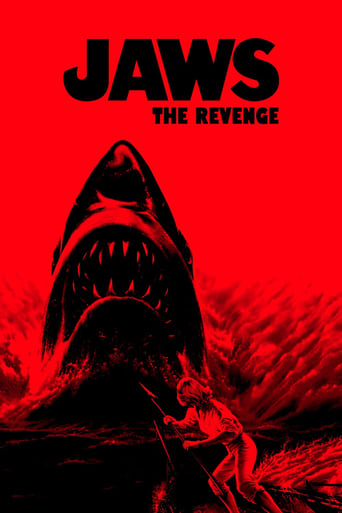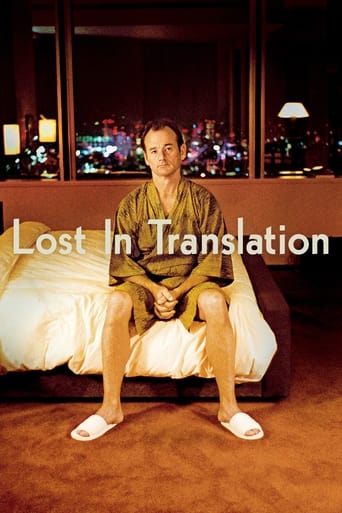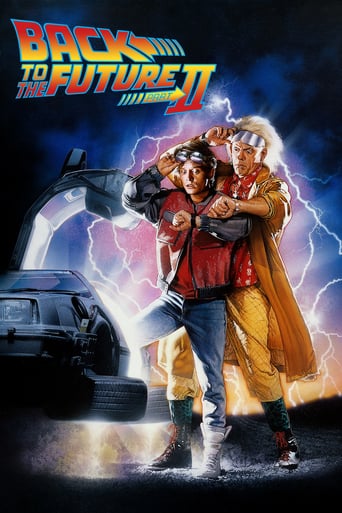Zatoichi the Fugitive (1963)
After arriving in the town of Shimonita, Ichi finds that a price has been put on his head by a local yakuza boss. He's drawn into a trap, but after hearing of the slaying of a former love, Ichi furiously fights his way through the entire clan to face the killer, a hired ronin.
Watch Trailer
Free Trial Channels
Cast


Similar titles
Reviews
Purely Joyful Movie!
Instead, you get a movie that's enjoyable enough, but leaves you feeling like it could have been much, much more.
I wanted to like it more than I actually did... But much of the humor totally escaped me and I walked out only mildly impressed.
This movie tries so hard to be funny, yet it falls flat every time. Just another example of recycled ideas repackaged with women in an attempt to appeal to a certain audience.
Zatoichi the Fugitive is the fourth Zatoichi film and the second one in a row directed by Tokuzo Tanaka. I must say I didn't really like this one. It's kinda forgettable and blends in with the previous film for me even though the storyline is quite different.The story to this movie was really complicated for me to follow and I quick lost track on who is who. Not only that, but the pace was too slow for my taste this time, so I didn't enjoy following the goings-on here at all. The movie gets significantly better during the final fight scene of Zatoichi vs. a group of nameless thugs, and the final duel with the main villain, and this particular scene looks like it just came out of a Sergio Leone film. Tane (from the first two films) re-appears, and personally I don't really like that the series is still burdened by continuity; I'd rather see Zatoichi meet new people and all. The score by Akira Ifukube (who also scored Godzilla) is really good and fits in nicely, and the cinematography (done by the same person who shot the previous film, Chishi Makiura) is once again really nice and the shots are a pleasure to look at. I especially like the way the actors look when captured on this particular type of color film, the way their faces are pale and covered in plenty of dark shadows.Highlight of the film: the villain threatens Zatoichi by cutting a sake bottle in half with his blade. Zatoichi responds by perfectly throwing a dice into the second sake bottle (which some guy is holding), then swings his katana in the air. The guy drops the bottle, which is revealed to be bisected in half, same as the dice that was inside it.
One might mistake this for the first Zatôichi in colour, so bold are the colours during the opening credits that they'd challenge even Imamura's hyper-lush "Kamigami no yakubo" (1968). What the films achieve wonderfully is that they still allow the necessary plotting to take its time. In modern fare I think we'd be having all the quiet moments and hesitations removed, let alone all the human drama. Thus the film really has genuinely suspenseful moments and genuine drama. Otane reappears, and we are allowed to see a loose end tied in the drama. I'm going through the films in chronological order just now. It will be interesting to see where the series goes as it matures; these early films have all been very brilliant.
Perhaps I would have liked this fourth episode in the Zatôichi franchise had I not watched the third one the same day. The third, "Shin Zatoichi Monogatari", is probably my favorite of the series and after watching it for the second time, it just reinforced this in my mind. The fourth episode, unfortunately, just doesn't have the same depth of story--though it is well worth seeing nonetheless.The film starts with our hero Zatôichi fighting sumo matches at a festival and winning them all. It's an interesting juxtaposition to go from the height of success to a crushing defeat so quickly, as almost immediately after the matches, a lone knucklehead tries to kill Zatôichi--quite unsuccessfully, I might add. As the man dies, Zatôichi begs him to tell him why he tried to kill him. It seems he needed the money for his mother. In an odd case of contrition, Zatôichi goes to the dead man's mother and begs forgiveness--and gives her the bounty that was on his own head. Surprisingly, the lady stated that her son was no good and quickly forgives Zatôichi for having to kill him in self-defense.In this same town, there is the usual power-struggle. This time a young and weak yakuza recently inherited his father's business but is beset by rivals vying for his power. One of the men, interestingly enough, is with a woman who loved Zatôichi in his youth. Will Zatôichi get her back? Is she worth getting back? Will her current significant other kill Zatôichi? And, what of the young boss? Tune in to find out all these answers. Sadly, however, none of them seemed all that compelling to me--just the typical Zatôichi film plots and not a lot more--other than the relationship between Zatôichi and the mother of the man he killed at the beginning of the film.The usual excellent camera-work, writing, music and more is all here. It's just that with almost 30 films in the series, this one doesn't have a lot to make it stand out from the crowd.
MASSEUR ICHI, THE FUGITIVE (1963) is the fourth in the series of Japanese swordplay films devoted to the exploits of Zatoichi, the blind swordsman whose super-hearing and sensitivity enabled him to perform impressive feats of derring-do. This entry is somewhat slower-paced and less action-packed than would become the norm in later Zatoichi films (which would continue to be produced through 1973). There is only one major swordfight, near the very end, but at least it's a spectacular one, with Zatoichi (Shintaro Katsu) slashing opponents right, left, front and back, although the spurting bloodshed which would soon become a distinct feature of samurai films is noticeably absent here. Zatoichi himself is also considerably less superhuman than he appears in later films.Instead, the emphasis is Zatoichi's role as mediator in a conflict between gang bosses in a town he is visiting solely to pay respects to the mother of a gang member he'd killed who'd been seeking the ten gold coin bounty on Zatoichi's head. The complex interrelationships among the characters center chiefly around two young women, one of them a former lover of Zatoichi's who is now the wife of a sword-for-hire seeking to sell his services to one of the wily bosses. Zatoichi sides with the underdog, Sakichi, who'd reluctantly inherited his father's territory but would rather marry the other young woman, Onobu (Miwa Takada), the pretty young daughter of the innkeeper, a once-powerful gang boss bearing a powerful grudge because he'd lost his territory to Sakichi's father. The gang bosses pressure the vulnerable Sakichi to use Zatoichi's trust to set a trap for him. The stage is then set for a series of confrontations that culminate in the final battle.It may be slow going for most action and swordplay buffs, but it has a formal beauty that later films in the series dispensed with in favor of more visceral thrills. The polished camerawork, largely on location, gives us stately compositions focused on the characters and their relationships. A sparing score by venerated composer Akira Ifukube adds a touch of class. Samurai films of the time routinely boasted such visual and aural elegance long before the audience demanded more bloodshed and a more excessive approach in later films (see, especially, the "Lone Wolf and Cub" series).

